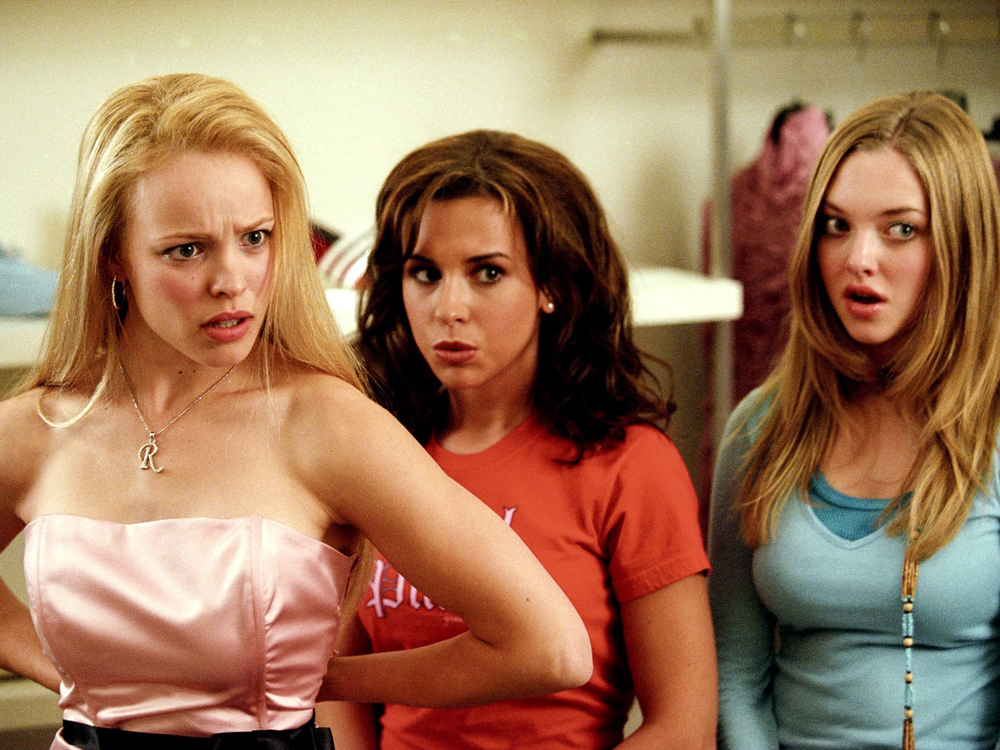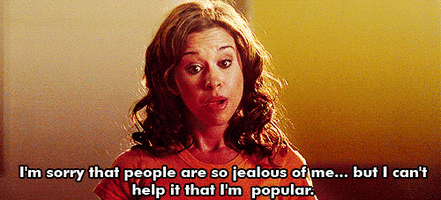Popular People Are Actually Wired Differently: Here's How
We knew it...

Celebrity news, beauty, fashion advice, and fascinating features, delivered straight to your inbox!
You are now subscribed
Your newsletter sign-up was successful
We knew it...
We've always wondered what makes some people inexplicably, instantly popular, while others are left on the fringes of society (and by society, we mean the playground) - and now there's actually been scientific research into the area.
According to a new study published in Proceedings of the National Academy of Sciences, being popular isn't just down to your ability to crack jokes, befriend new people and be the life and soul of the party.

Source: giphy
In fact, the research by scientists at Columbia University showed that popular people were all more sensitively attuned to the popularity of the people around them.
In other words, if they cared about popularity, they were more likely to be popular themselves.
During the experiment, lead researcher Noam Zerubavel and his colleagues interviewed 26 members of two student clubs and asked them to rate how much they liked the other people in their club, which helped them rank the members according to their popularity.
Celebrity news, beauty, fashion advice, and fascinating features, delivered straight to your inbox!
Then, they asked the students to lie in brain-scanning technology and look at pictures of their peers, as well as a morphed version of all the other faces together.
The students were asked to press a key as soon as they recognised whether a given face was a real person or a morphed version - but in fact, the scientists were actually looking at how their brain activity varied according to the faces' popularity, or lack thereof.
The results showed that people in the experiment had more brain activity when looking at the face of a popular person, regardless of whether they personally liked them or not.
As a result, the research showed that we may be drawn to people simply because they are popular, even if we don't really like them, with the science explaining that this tendency 'motivate[s] proximity and preferential attention to popular individuals as well as incentivising interactions with them'.
Not only that, but how much someone reacted to the face they were presented with also depended on how popular they were themselves, with the more well-liked students able to determine how the other students rated them.
In other words, if you're popular, you'll know it - and you'll want to hang out with other popular people. Being popular will also draw less popular people towards you and get them to pay you more attention, whether they like you or not. Well, films like Mean Girls have definitely taught us that important life lesson.
Interesting? Let us know @marieclaireuk
The leading destination for fashion, beauty, shopping and finger-on-the-pulse views on the latest issues. Marie Claire's travel content helps you delight in discovering new destinations around the globe, offering a unique – and sometimes unchartered – travel experience. From new hotel openings to the destinations tipped to take over our travel calendars, this iconic name has it covered.